The Consequences of Phone Use Before Sleeping
Sleep can be affected by our electronics, yet in a digital age, it is difficult to put these devices away.
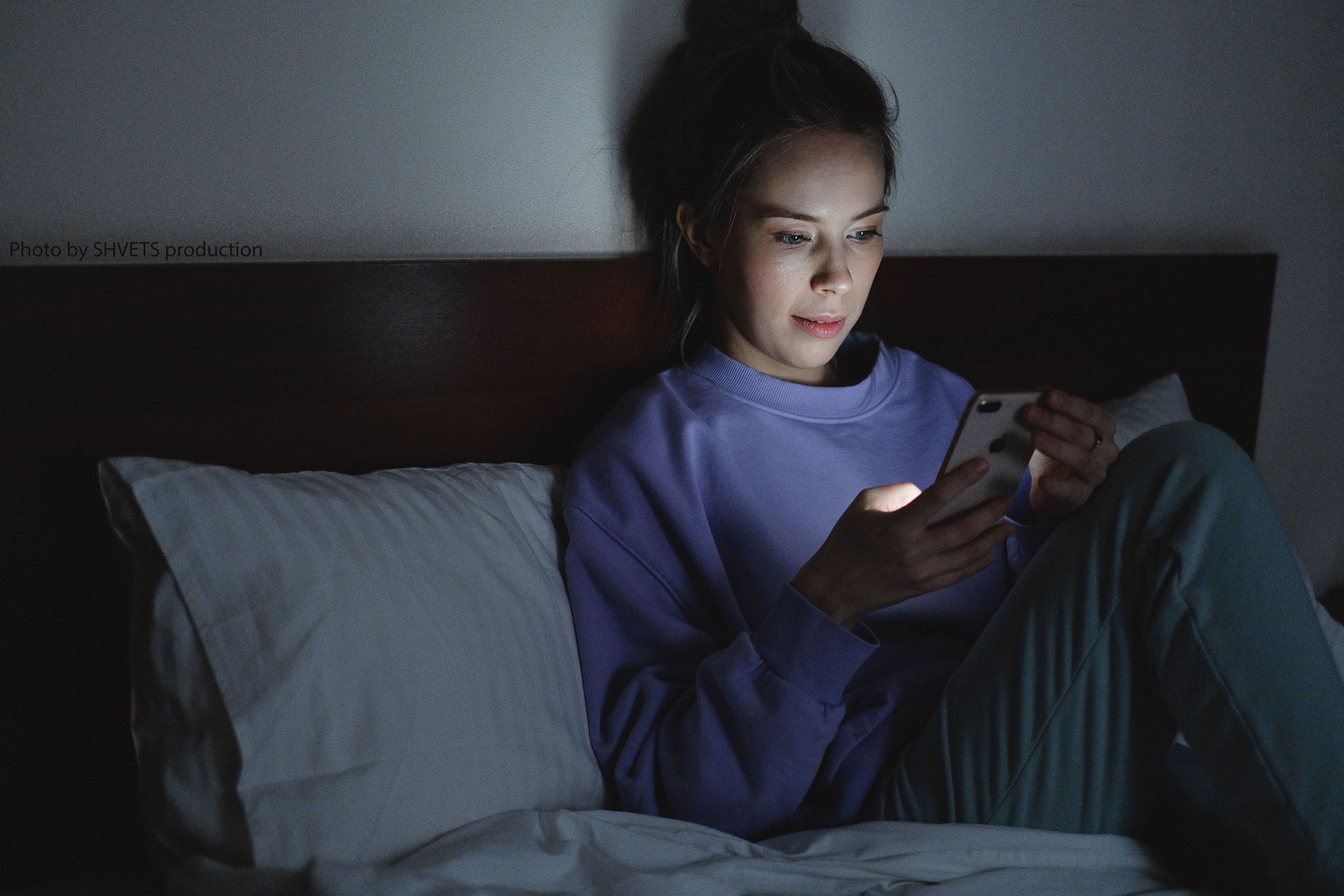
Scrolling through Instagram until 1:00 a.m. seems normal for many Americans, yet it can be very harmful to people's sleep cycles and sleep quality. In the post-pandemic era, many Americans have increased their screen time on their phones leading to disrupted sleep cycles.
Michael Breus, a sleep medicine expert, states in his article, “While nighttime scrolling may seem like a harmless activity, doing so could be interfering with your ability to fall asleep and stay asleep.”
A meta-analysis from the Frontiers in Human Dynamics indicates that young adults, adolescents and even the older population increased their overall digital device usage and screen time during and after the COVID-19 pandemic.
So, how are phones affecting sleep cycles, and how much of a role do our phones play in our lives?
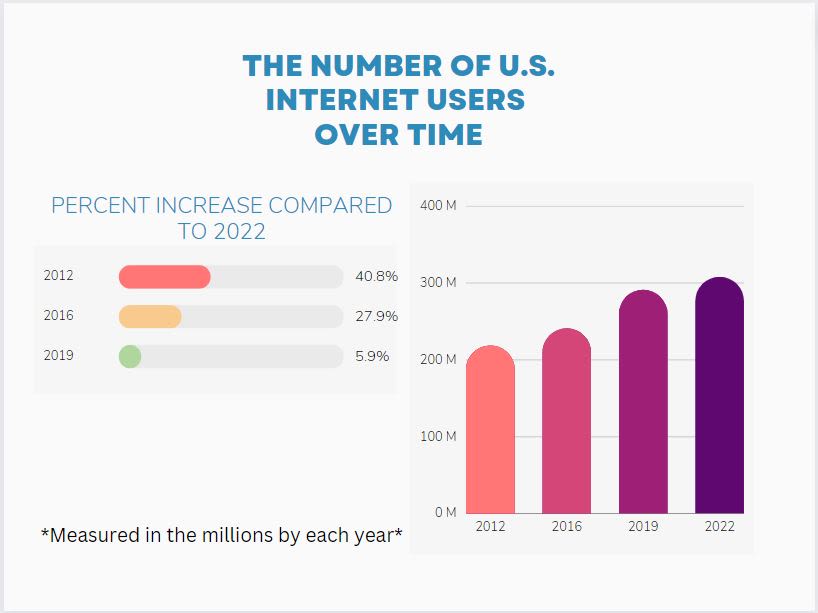
Data used from DataReportal 2022 report. Graph by Ashley Bassick.
Data used from DataReportal 2022 report. Graph by Ashley Bassick.
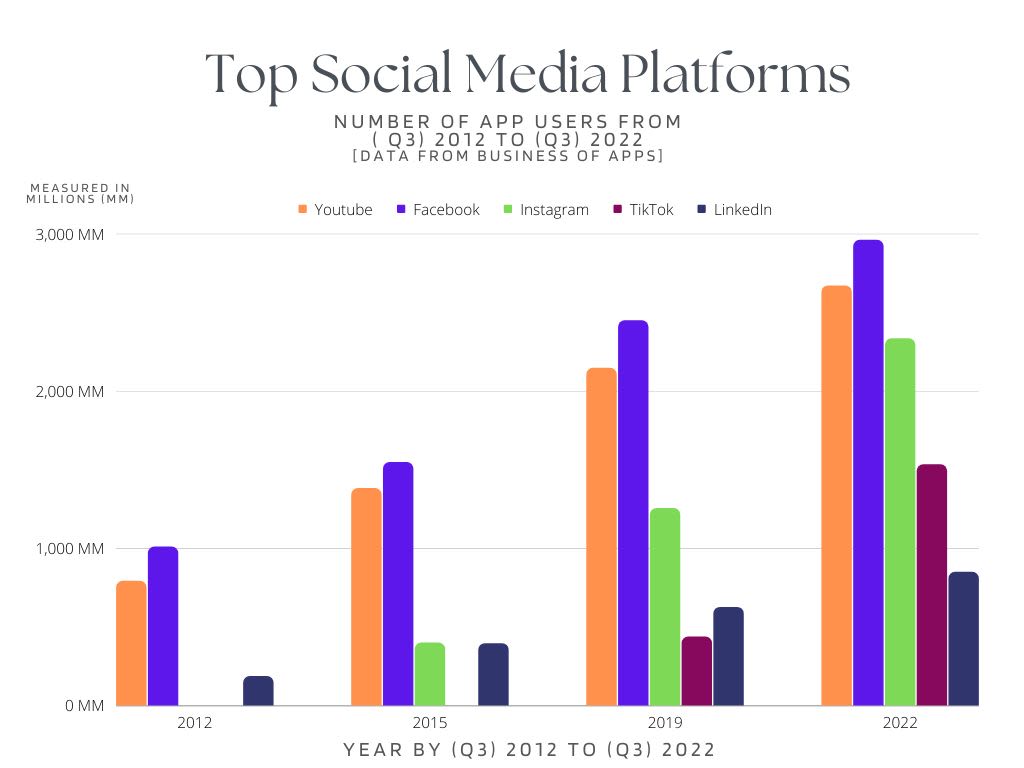
Data used from Business of Apps. Graph by Ashley Bassick.
Data used from Business of Apps. Graph by Ashley Bassick.
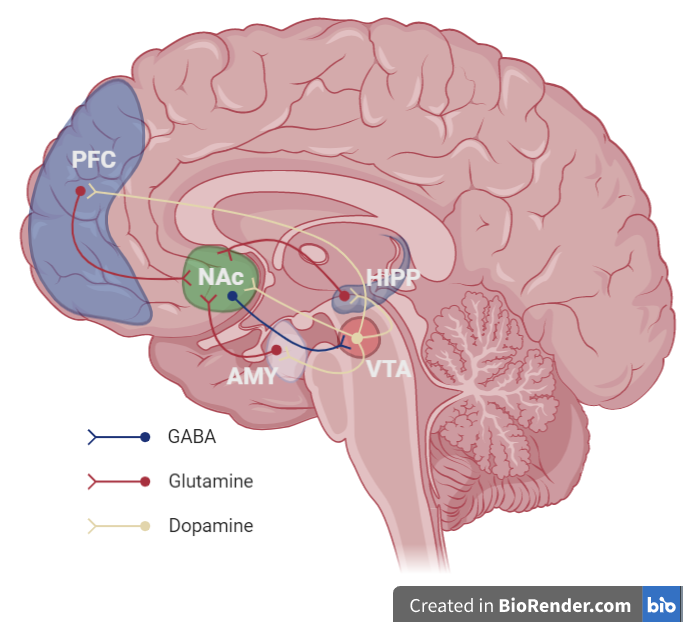
George V Kach Wikimedia Commons
George V Kach Wikimedia Commons
According to the Digital 2022 Overview Report for the U.S. by Simon Kemp, the number of internet users increased by 40.8% over the past decade. Within the past year alone, internet users increased by 8.4 million from 2021 to 2020 which is a 2.8% increase over a full year.
According to the report, 270.1 million Americans are social media users as of January 2022 which is about 80.9% of the U.S. population. A majority of social media users age are between 18-24 and 25-30.
The top five social media platforms used at the beginning of this year, according to Business of Apps, are Youtube, LinkedIn, Facebook, Instagram and TikTok, with Facebook having the highest number of users at 2.9 billion, globally.
Over the past 10 years, social media platforms have drastically increased in user base. Cellphone usage can affect your overall health in multiple ways. This includes irritability, increased amount of headaches, inability to concentrate, anxiety, obesity, lack of sleep, insomnia and digital thumb as stated in a research article by Community Medicine & Health Education.
What does social media have to do with sleep?
In an article for the Social Cognitive and Affective Neuroscience, our brain processes ‘likes’ as rewards.
The ventral tegmental area (VTA) is the part of people’s brains that is responsible for determining the rewards system. During the time social media users receive “likes”, the VTA facilitates the dopamine receptors that are set off by these “positive feedbacks” on social media platforms.
Social media is tightly connected to people’s reward systems which correlates to why the platforms are widely used. The more these applications are used to share the better others report feeling about their social value. The better people feel about social media the more likely they are to use it, according to a report in the Journal of Experimental Social Psychology.
In a short Twitter poll, 56.3% of the respondents use their phones for more than eight hours a day. On the other hand, about 73.3% of respondents stated they sleep between four to seven hours a night which is below the recommended amount of hours per night which is between seven and nine.
Dorothea Armijos, a senior at Hofstra University, says she spends about eight hours a day on her phone with the top apps being Safari, Snapchat and TikTok. “My screen time doesn’t bother me at all even though I know it bothers some,” expresses Armijos.
“See, I have insomnia,'' explains Armijos. “But I know my phone doesn’t help.”
Social media and our sleep cycles
“A lot of us have not given ourselves the right opportunity to sleep,” states Dr. Kelly-Pieper, Director of Pediatric Sleep at Northwell Health. “The electronics and the blue light can make it harder to fall asleep.”
Blue light from our phones affects the circadian rhythm of our 24-hour sleep and wake cycle stated by Kelly-Pieper. When we wake up in the morning, our bodies release a hormone called cortisol which makes people feel awake and alert. At nighttime, our bodies release melatonin, the hormone that makes people feel tired or sleepy.
Phones, laptops, TVs and tablets all contain blue light. Essentially, blue light suppresses the release of melatonin in the brain hence the lack of sleepiness when scrolling through social media or watching videos on any other electronic device.
Blue light isn’t the only factor users should be worried about.
Sleep correlates to physical and mental health
“Sleep is not just the state of disengagement from the environment,” states Dr. Greenberg, Medical Director of Northwell’s sleep disorder center and Fellow of the American Academy of Sleep Medicine. “It is an active brain process that contributes to the restoration of brain function after the day's activities, contributes to regenerative processes within the brain.”
Phones before bed play a large role in sleep problems which can lead to a plethora of physical and mental health issues. Obesity, energy levels, emotions, mental alertness, cognitive functions, blood pressure, hormone levels, anxiety and depression are all health factors that are affected by sleep, according to Kelly-Pieper.
Any mobile or electronic device before bed can lead to larger health issues outside of sleep deprivation or insomnia.
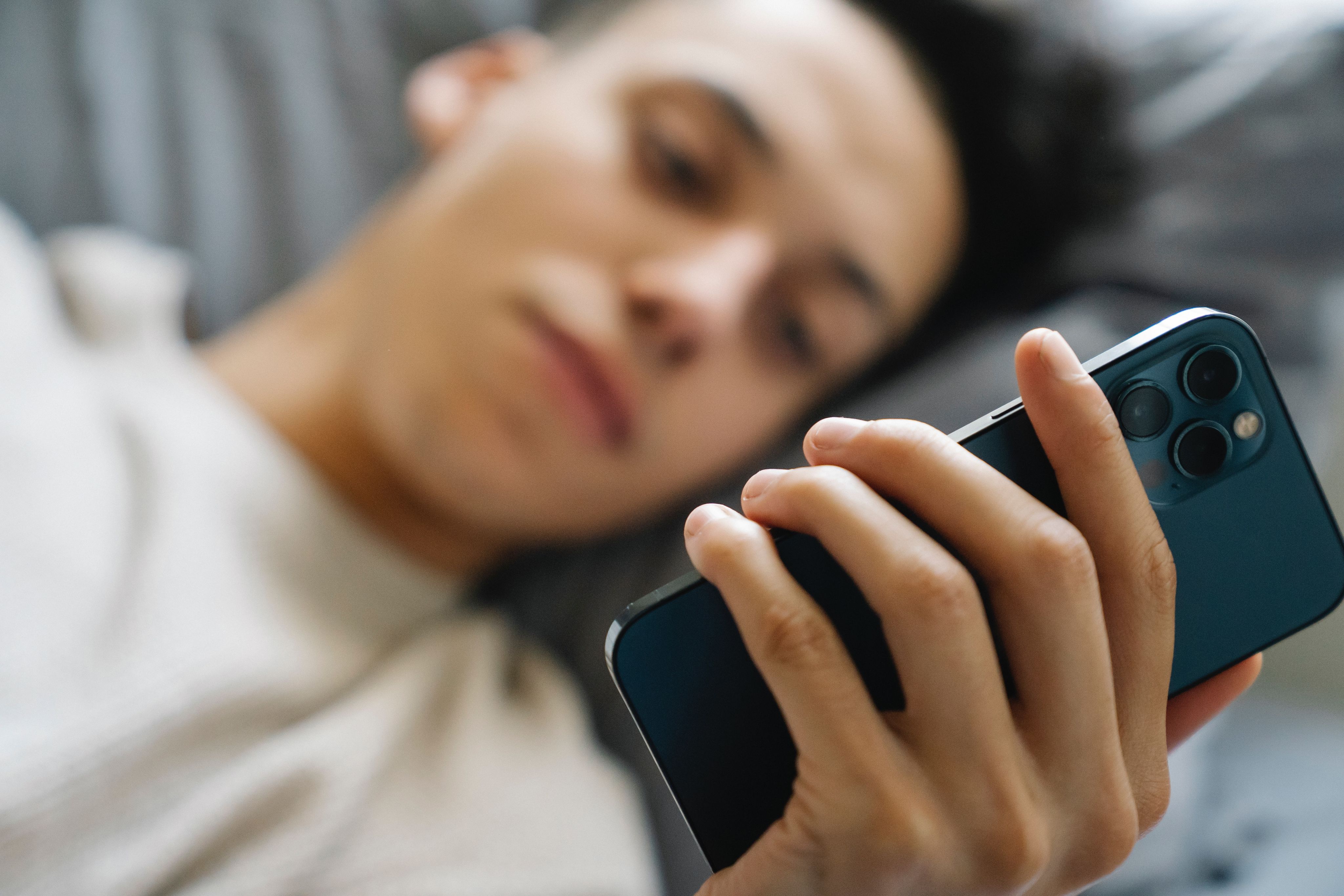
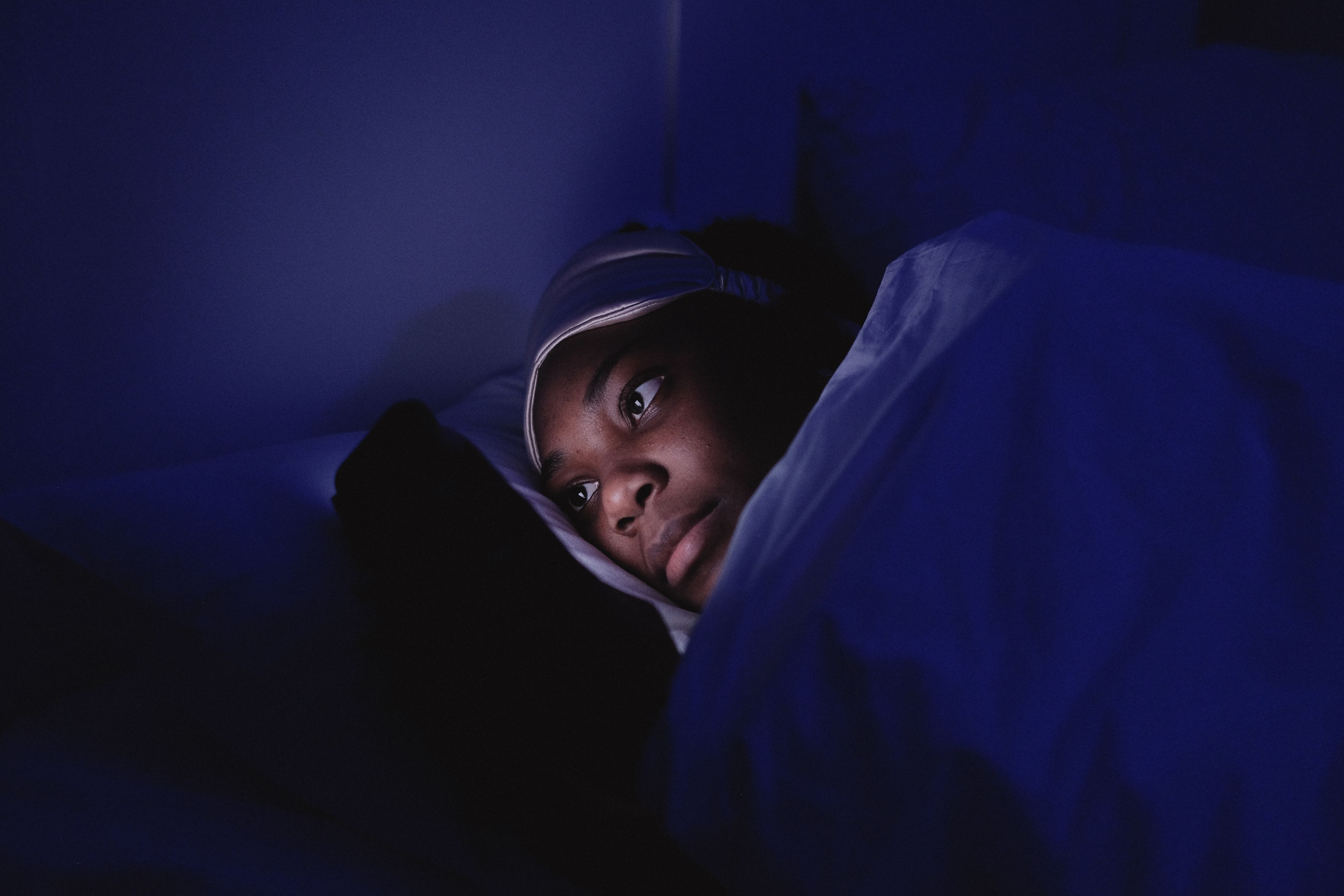
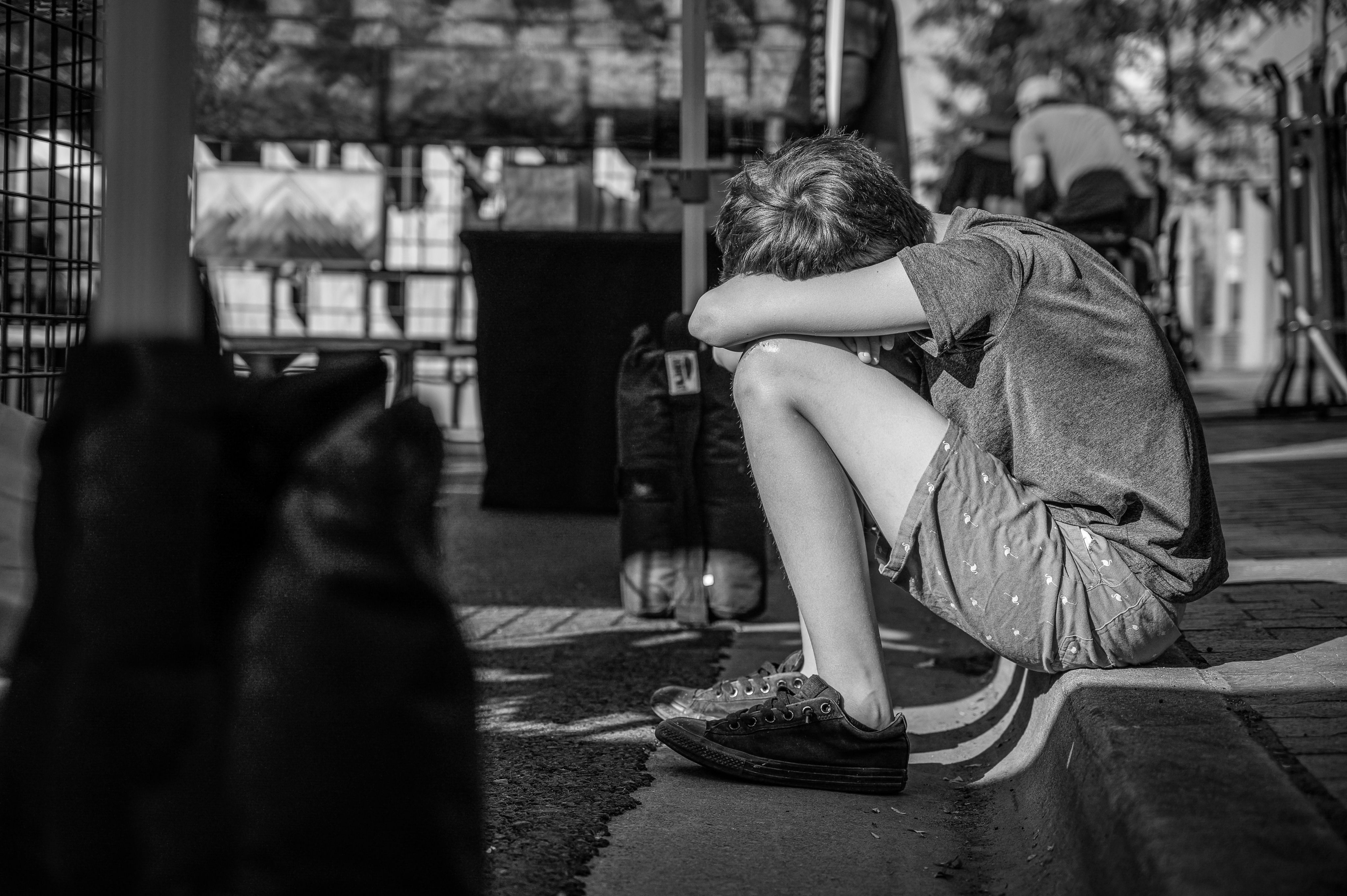
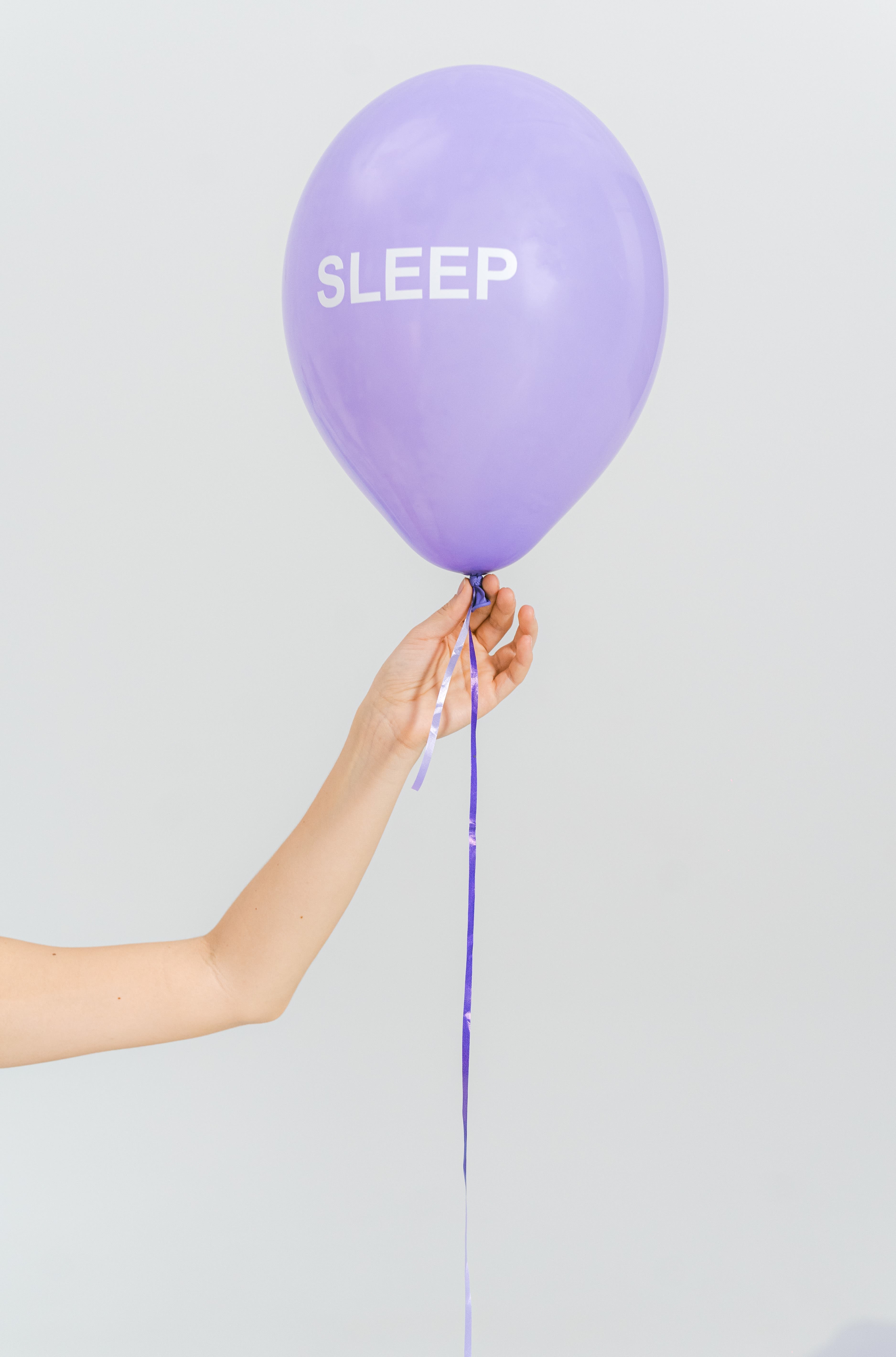
SHVETS production on Pexels
SHVETS production on Pexels
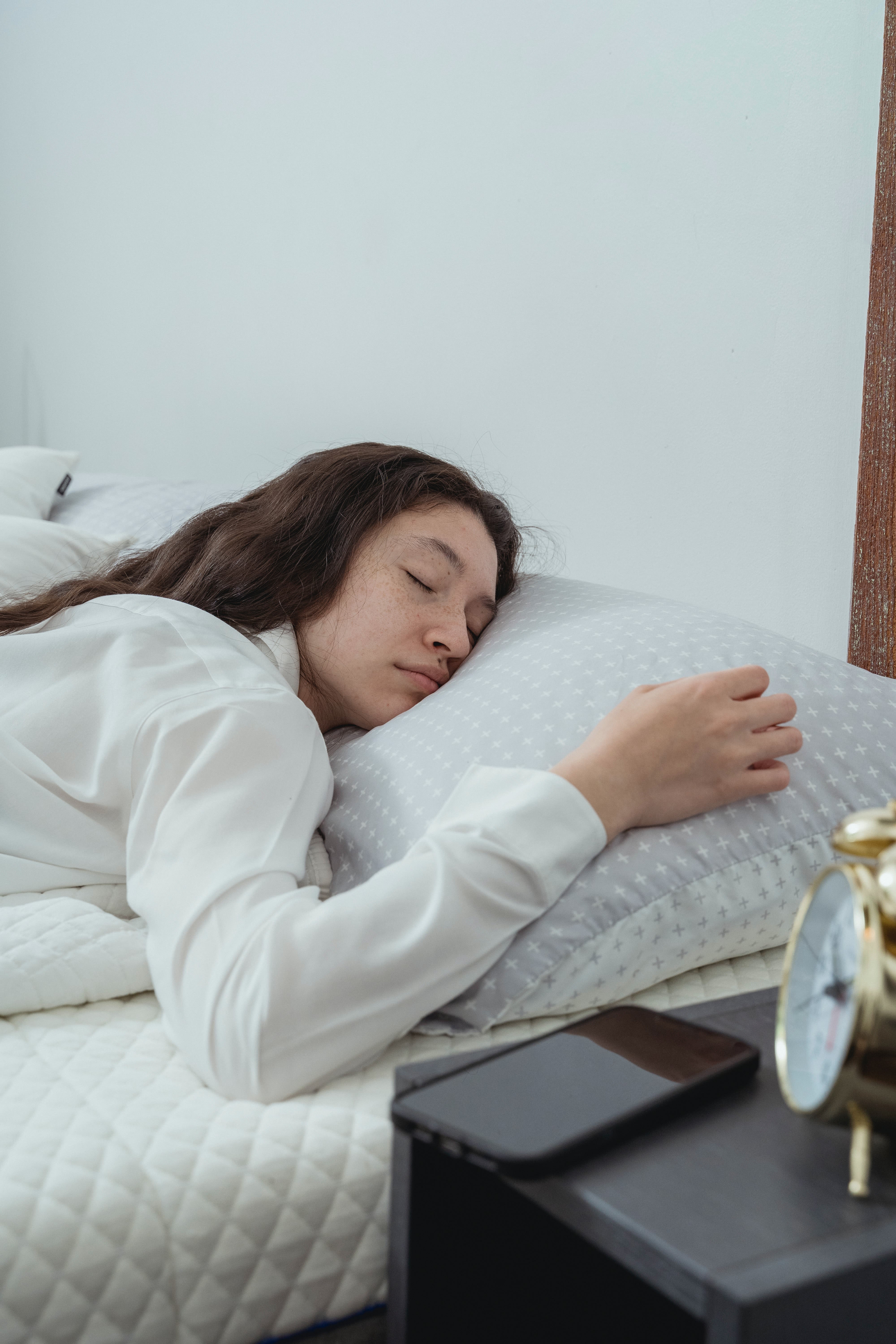
Photo by Miriam Alonso on Pexels
Photo by Miriam Alonso on Pexels
How can people change their bad sleep habits?
"It's not so much the content," expresses Dr. Greenberg in regard to phone usage. "It is something that keeps people up for hours when they should be winding down and getting ready for sleep. It's an engaging and interactive activity."
Dr. Greenberg and Dr. Kelly-Pieper suggest a few options to get a better night's sleep and improve overall sleep hygiene.
Suggestions for better sleep hygiene:
- Turn off the phone 30 minutes to an hour before going to bed
- Make a new nightly routine
- Wake up at a set time every day, even on weekends
- Nighttime mode on the phone can help
- Avoid using devices that emit blue light close to your faces like phones, tablets and laptops
“I live in our world too, so I know some of the problems with just saying like eliminate them,” expresses Kelly-Pieper. “It’s just a really good idea to try to do something non-electronic or visually electronic as you sort of transition yourself from awake to asleep.”
